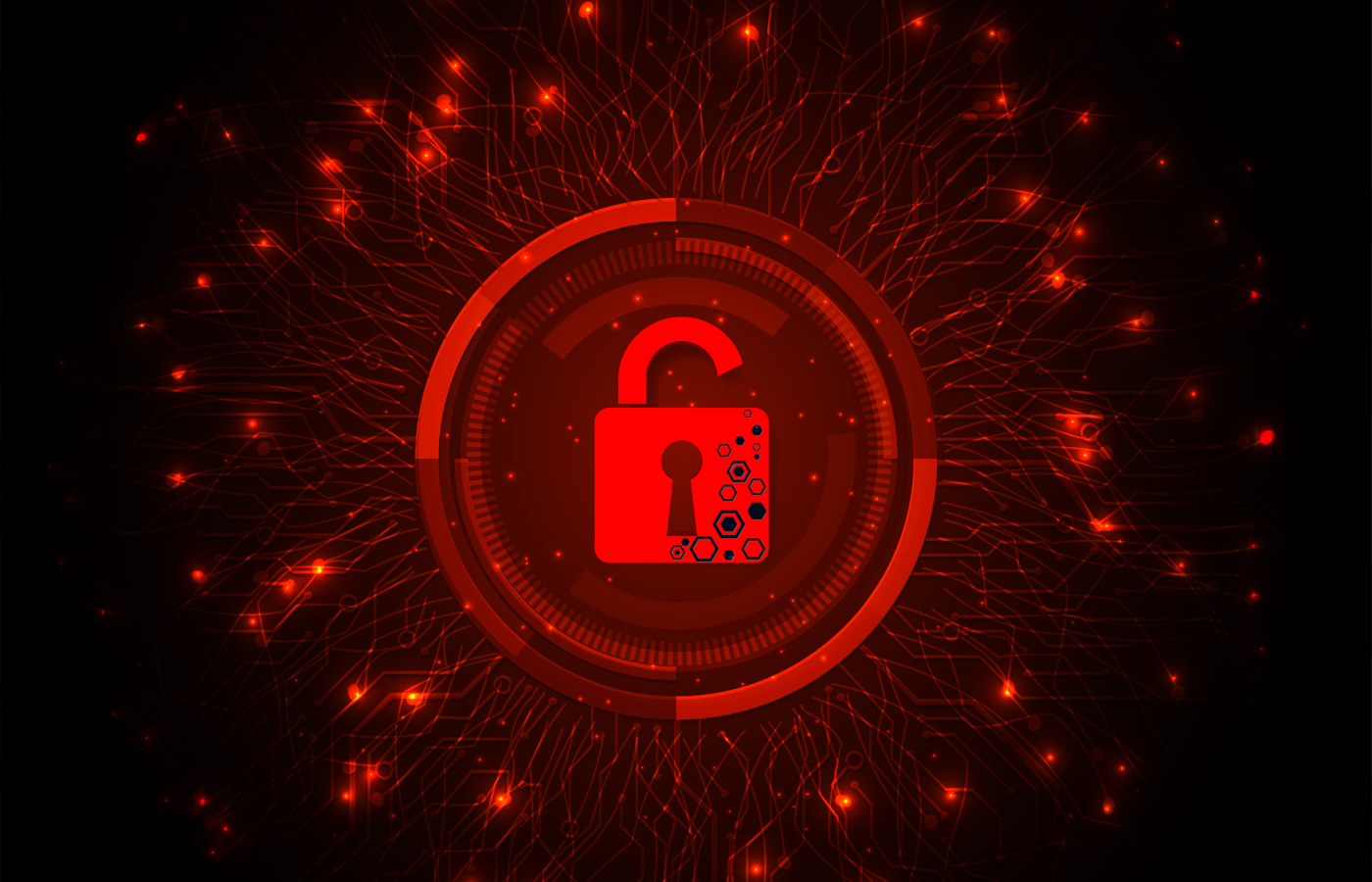Threats
The latest cybersecurity threats and news to help you protect your data, networks, applications, and devices.
-
ShadowRay Vulnerability: 6 Lessons for AI & Cybersecurity
The disputed ShadowRay vulnerability exposes more than Ray instances. Learn about exposed weaknesses in AI, internet exposed assets, and vulnerability scanners. Read more
-
Vulnerability Recap 4/15/24 – Palo Alto, Microsoft, Ivanti Exploits
Discover last week’s major vulnerability news and fixes from Palo Alto, Ivanti, Telegram, Microsoft, and more. Read more
-
12 Data Loss Prevention Best Practices (+ Real Success Stories)
Following data loss prevention best practices can massively mitigate any data breaches and help keep your organization’s data safe. Learn more now. Read more
-
Vulnerability Recap 4/8/24 – Google, HTTP/2 Join Ivanti
Multiple software and hardware products saw vulnerabilities this week, notably Ivanti, which has had continued issues the last two months. Read more
-
Vulnerability Recap 4/1/24: Cisco, Fortinet & Windows Server Updates
Discover major vulnerabilities from the past week from Cisco, Fortinet, Microsoft, and more along with remediation recommendations. Read more
-
Vulnerability Recap 3/25/24 – More Ivanti Issues to Patch
Read about this week’s security vulnerabilities, including continued issues from Ivanti plus Apple, AWS, and Fortra flaws. Read more
-
Vulnerability Recap 3/19/24 – Microsoft, Fortinet & More
Discover major vulnerabilities from the past week, including attacks on Microsoft, Fortinet, QNAP, and more with remediation recommendations. Read more
-
VulnRecap 3/11/24 – JetBrains & Atlassian Issues Persist
Read about the past week’s vulnerabilities, including Atlassian and JetBrains issues and recent Apple updates. Read more
-
VulnRecap 3/4/24 – Ivanti, Ubiquiti, AppLocker Under Attack
Discover major vulnerabilities from the past week, including attacks on Ivanti, Ubiquiti, and Windows AppLocker, with remediation recommendations. Read more
-
VulnRecap 2/26/24 – VMWare, Apple, ScreenConnect Face Risks
Discover the past week’s exploits targeting VMWare, Apple, and ScreenConnects’ vulnerabilities. Read more





